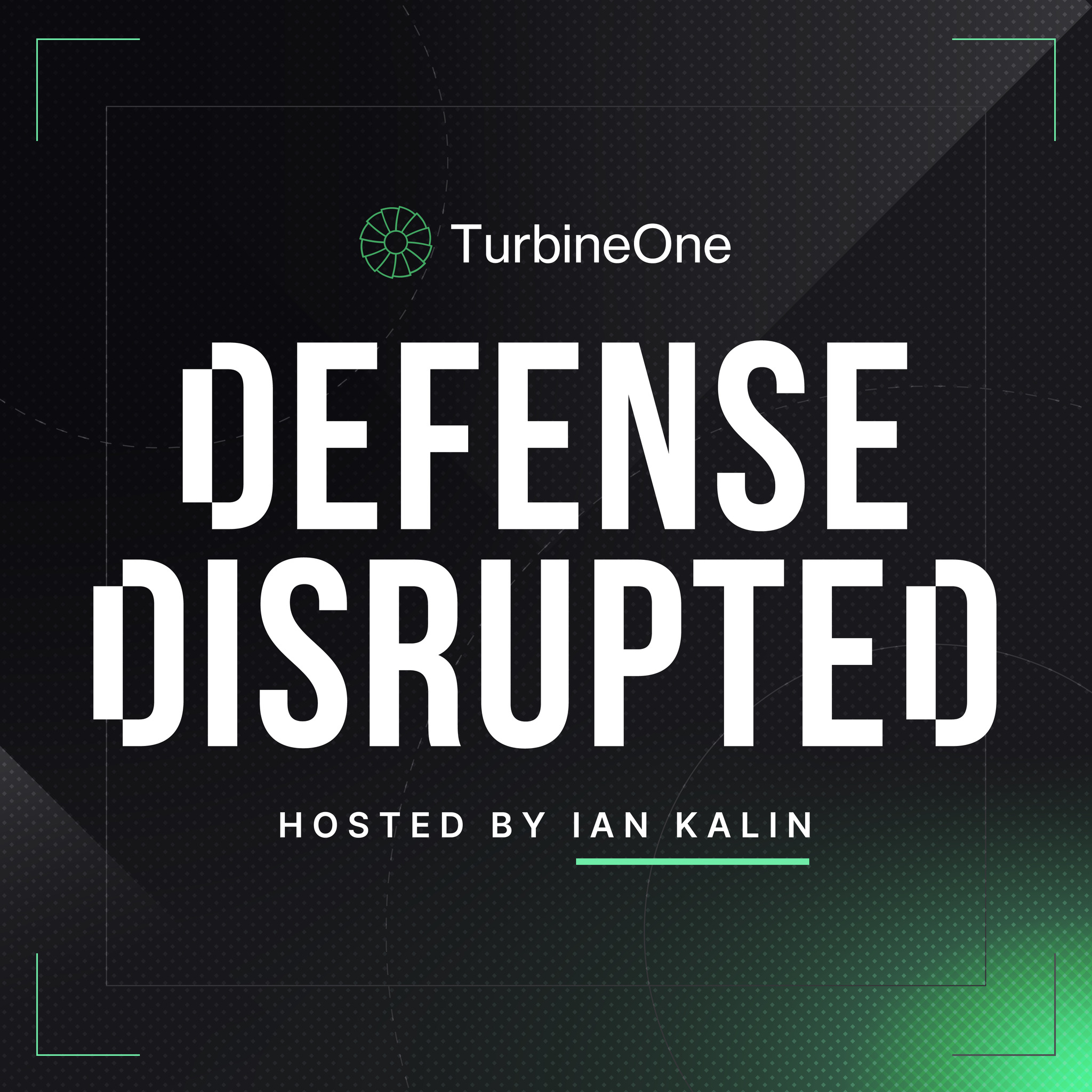Listen "CSET’s Emelia Probasco on How Military Risk Calculus Changes Under Operational Pressure"
Episode Synopsis
Responsible AI requires understanding capabilities and limitations the same way officers learn that Aegis radar struggles on cloudy days. This mindset shift could change how the military adopts AI systems across operational environments.
Emelia Probasco, Senior Fellow at CSET, discusses how Project Maven succeeded by finding "trilingual leaders" who understood operations, technology, and contracting, not through formal training, but by figuring it out through curiosity and necessity. These leaders became the bridge between commercial tech companies and military operations, enabling rapid integration without traditional bureaucratic delays.
Resources:
Maven Smart System (MSS)
Center for Security & Emerging Technology (CSET)
Dr. Andrew Lohn & publications, including article on Offense-Defense Balance
1954 coup in Guatemala, caused by radio program
Benedict Evans (Substack and other publications)
Jack Clark's substack (AI developments)
DeepLearning.AI (Courses & specializations in AI)
The Great Refractor
Topics Discussed:
Responsible AI as capabilities and limitations training similar to Aegis weapons systems certification requirements
"Trilingual leaders" framework combining operations expertise, technology understanding, and contracting proficiency for AI integration
Workflow software impact versus AI automation in achieving 20-person efficiency replacing 2,000-person operations
Engineer-soldier co-location creating "mind meld" collaboration for honest operational feedback and requirements gathering
Military cultural risk calculus shifts from peacetime safety to combat effectiveness under operational pressure
China and Russia AI competition focused on adoption speed rather than frontier model development
Deepfake warfare targeting specific military populations beyond general electoral manipulation tactics
Emelia Probasco, Senior Fellow at CSET, discusses how Project Maven succeeded by finding "trilingual leaders" who understood operations, technology, and contracting, not through formal training, but by figuring it out through curiosity and necessity. These leaders became the bridge between commercial tech companies and military operations, enabling rapid integration without traditional bureaucratic delays.
Resources:
Maven Smart System (MSS)
Center for Security & Emerging Technology (CSET)
Dr. Andrew Lohn & publications, including article on Offense-Defense Balance
1954 coup in Guatemala, caused by radio program
Benedict Evans (Substack and other publications)
Jack Clark's substack (AI developments)
DeepLearning.AI (Courses & specializations in AI)
The Great Refractor
Topics Discussed:
Responsible AI as capabilities and limitations training similar to Aegis weapons systems certification requirements
"Trilingual leaders" framework combining operations expertise, technology understanding, and contracting proficiency for AI integration
Workflow software impact versus AI automation in achieving 20-person efficiency replacing 2,000-person operations
Engineer-soldier co-location creating "mind meld" collaboration for honest operational feedback and requirements gathering
Military cultural risk calculus shifts from peacetime safety to combat effectiveness under operational pressure
China and Russia AI competition focused on adoption speed rather than frontier model development
Deepfake warfare targeting specific military populations beyond general electoral manipulation tactics
 ZARZA We are Zarza, the prestigious firm behind major projects in information technology.
ZARZA We are Zarza, the prestigious firm behind major projects in information technology.
